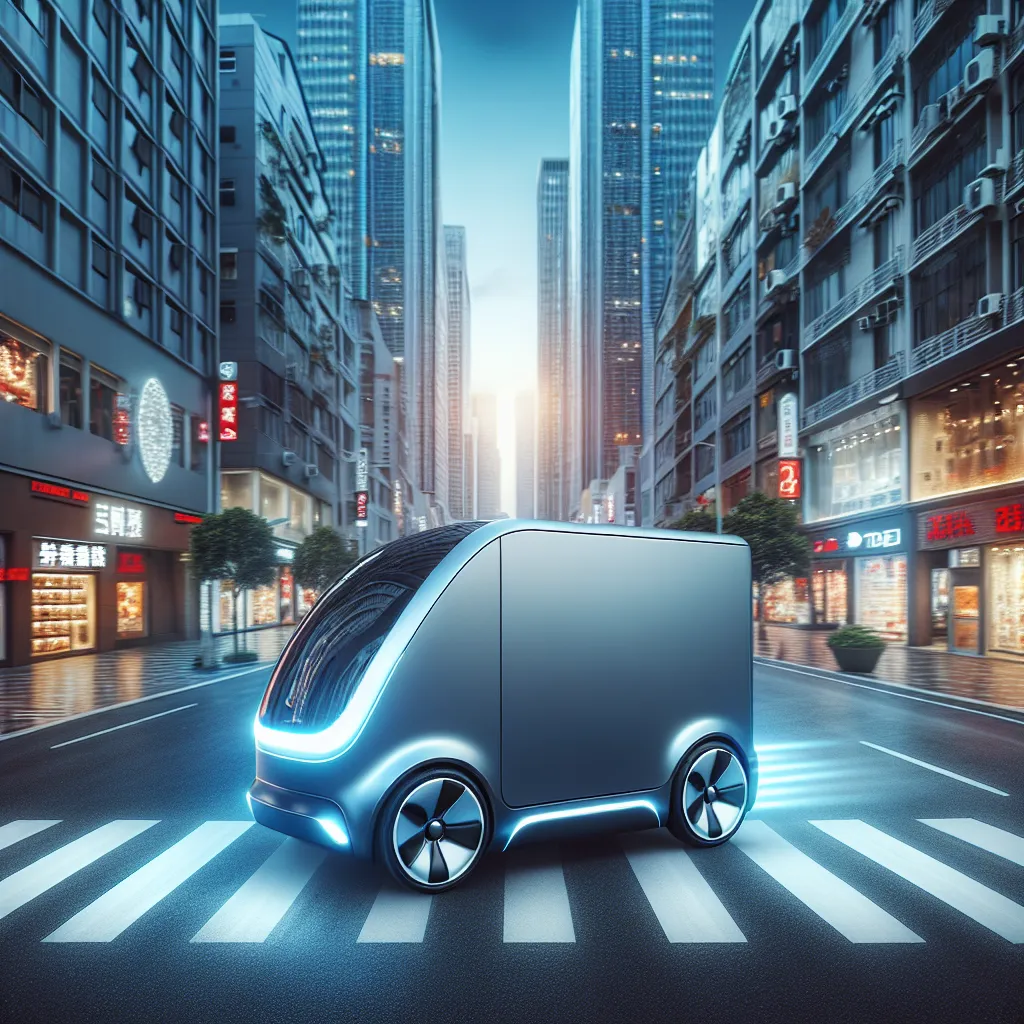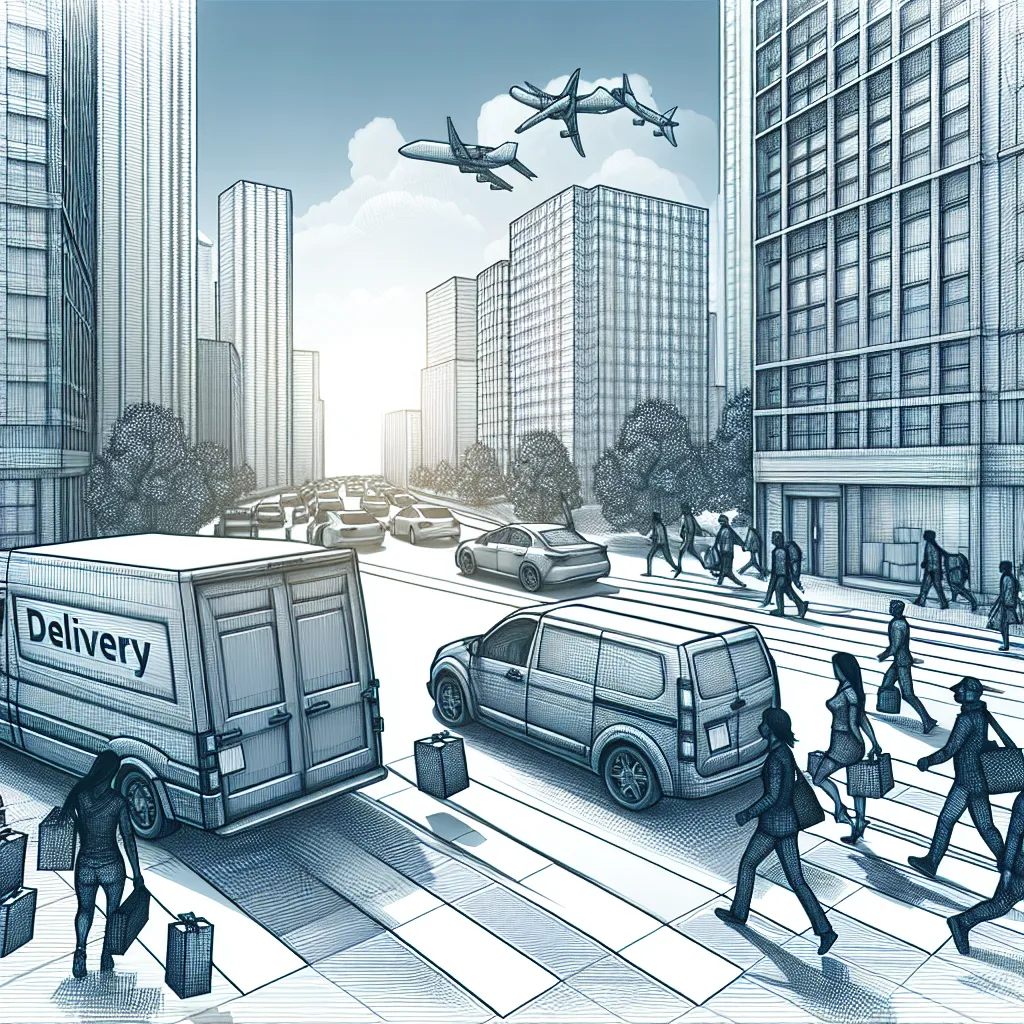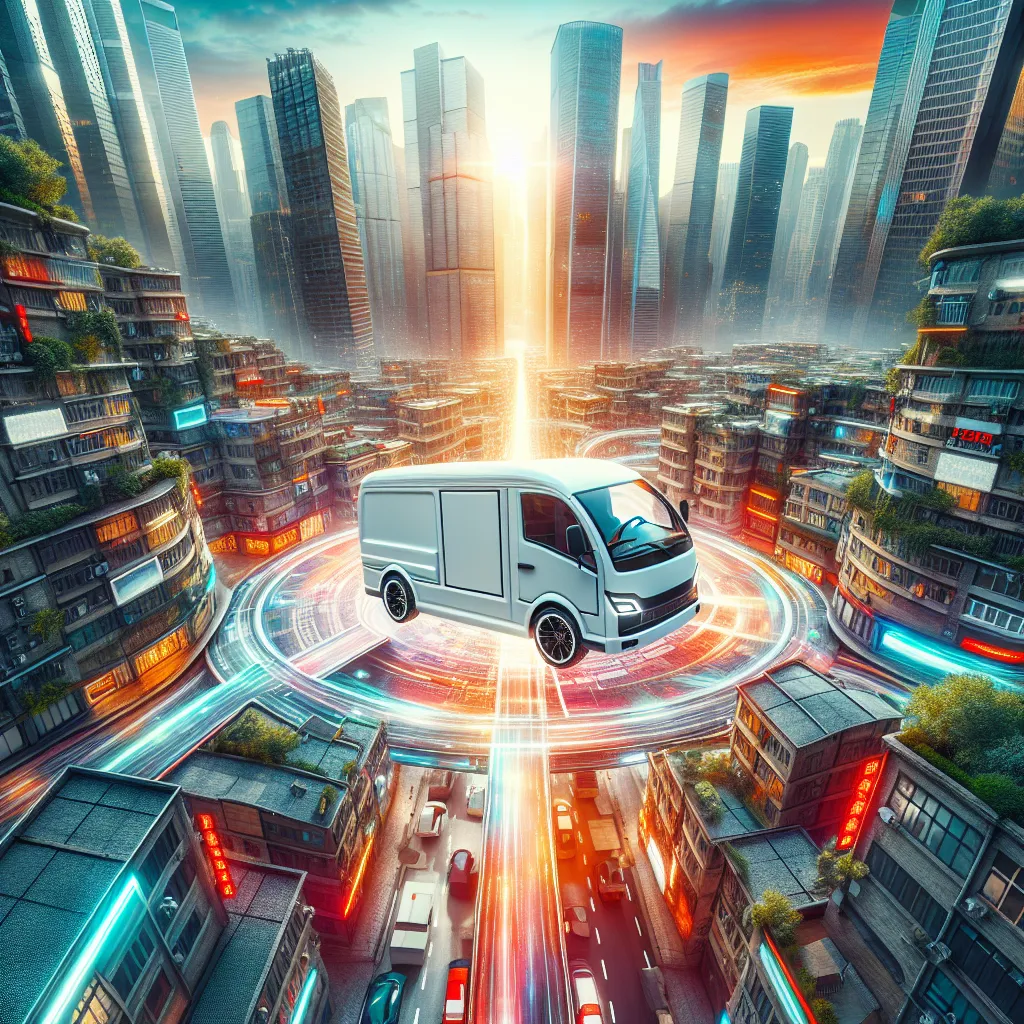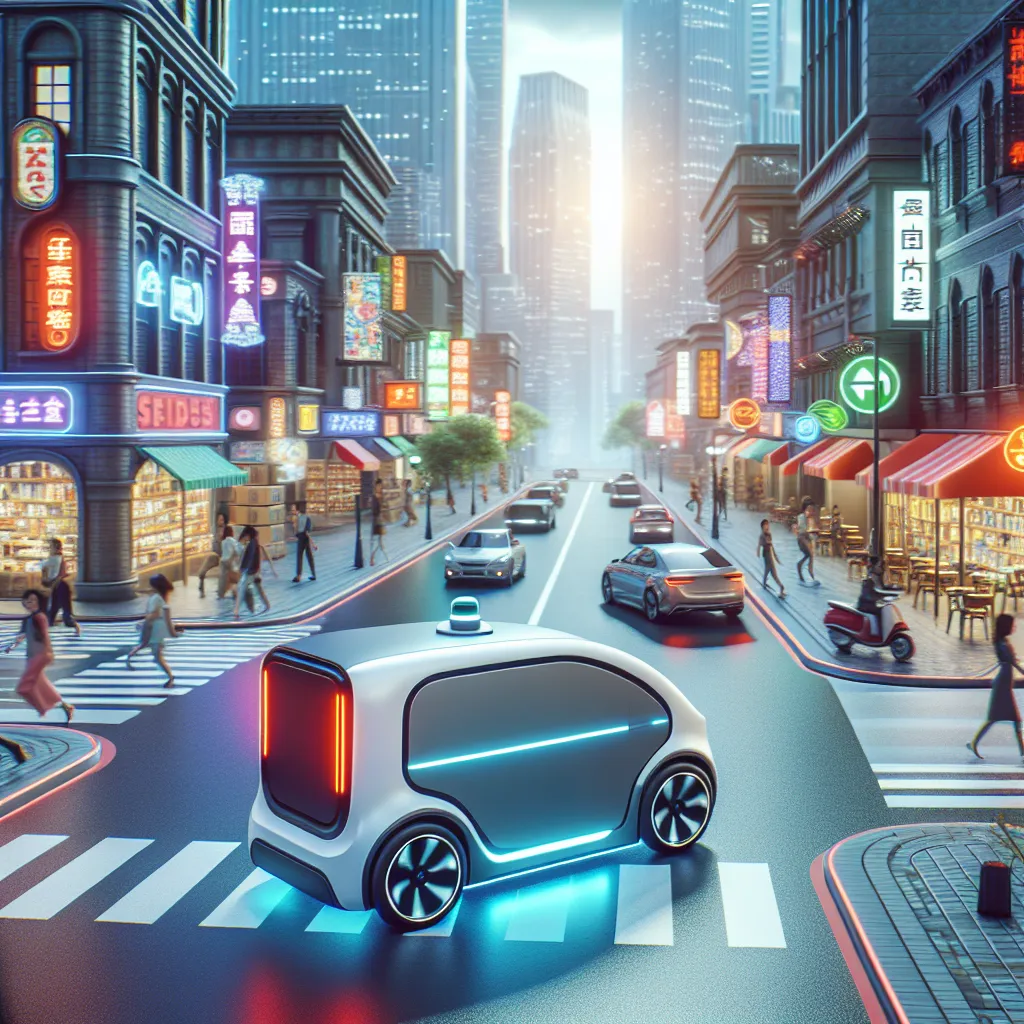The rise of autonomous delivery vehicles represents a major shift in the last-mile delivery process, offering unprecedented efficiency, cost-effectiveness, and environmental impact. Leveraging advanced technologies like artificial intelligence and machine learning, these vehicles can navigate urban environments, reduce reliance on human drivers, and operate round-the-clock for enhanced convenience. Furthermore, they have the potential to significantly slash operational costs with efficient route planning and optimized fuel consumption, while also reducing carbon emissions. Despite challenges such as safety and regulatory considerations, the immense opportunities presented by autonomous delivery vehicles for streamlining logistics and promoting sustainability make them a compelling prospect for the future of urban delivery. If you’re interested in the transformative potential of autonomous vehicles in revolutionizing last-mile delivery, this comprehensive article delves into their capabilities, challenges, and the future landscape they are set to shape.
Category: Delivery
The Delivery category encompasses a wide range of topics related to the transportation and distribution of goods and services. It includes discussions on various delivery methods such as courier services, postal systems, freight transportation, and e-commerce delivery solutions. The category also delves into the challenges and innovations in last-mile delivery, tracking and monitoring technologies, and the impact of delivery operations on the environment. From traditional shipping processes to the latest advancements in drone and autonomous vehicle deliveries, the Delivery category provides insights into the evolving landscape of logistics and supply chain management.
In the Delivery category, readers can explore articles covering the latest trends and best practices in the field of delivery services. From the rise of on-demand delivery platforms to the integration of sustainable practices in shipping, this category offers valuable information for businesses and consumers alike. Additionally, the category addresses the growing importance of efficient and reliable delivery methods in the global marketplace, as well as the influence of delivery experience on customer satisfaction and brand loyalty. Whether it’s in-depth analyses of delivery networks or examinations of emerging delivery technologies, this category serves as a comprehensive resource for understanding the intricate world of delivery services.

The Future of Autonomous Delivery Vehicles
The advancements in autonomous delivery vehicle technology are revolutionizing the logistics and supply chain industry. With the integration of advanced sensors, AI, and communication systems, these vehicles are capable of navigating urban environments and interacting seamlessly with other vehicles and infrastructure. Furthermore, the focus on sustainable energy sources, smart routing, and vehicle-to-vehicle communication is enhancing their efficiency and revolutionizing last-mile delivery. However, the industry faces challenges such as regulatory compliance and integration into existing infrastructure, yet the opportunities for cost-effective, efficient, and environmentally friendly delivery solutions are substantial. With the continuous improvement in AI and machine learning, autonomous delivery vehicles are set to redefine the future of urban logistics and last-mile delivery, making them a crucial player in the industry’s transformation.

Optimizing Last-Mile Delivery for E-commerce
The article “Strategies for Efficient Last-Mile Delivery in E-commerce” presents key strategies to optimize the last-mile delivery process in the increasingly competitive online retail market. Route optimization, leveraging data and analytics, adopting technological innovations like autonomous delivery vehicles, and partnering with local delivery services are highlighted as effective approaches. These strategies not only improve delivery speed and reliability but also contribute to cost-effectiveness and environmental sustainability. In a similar vein, the article “Technology Solutions for Streamlining Last-Mile Fulfillment” emphasizes the pivotal role of advanced technology in optimizing last-mile delivery. It discusses the benefits of route optimization software, autonomous delivery vehicles, and real-time tracking technology in streamlining the delivery process and meeting customer expectations in the rapidly evolving e-commerce landscape. Readers are encouraged to explore the full articles for a comprehensive understanding of the strategic approaches and technological solutions that can significantly enhance last-mile delivery efficiency in e-commerce.

The Impact of Delivery Services on Small Businesses
The article delves into the impact of the rise of delivery services on small businesses, exploring the opportunities and challenges it presents. While delivery services have expanded customer reach and sales for small businesses, they also face competition from larger corporations and concerns about sustainability due to commission fees. Small businesses are encouraged to carefully evaluate the costs and benefits of delivery services, consider alternative delivery models, and strategize to adapt to the evolving delivery landscape. In the current business environment, small businesses are increasingly integrating delivery services into their operations to adapt to the new normal, driven by the COVID-19 pandemic. This necessitates investments in technology, inventory management, and supply chain logistics while prioritizing aspects like packaging and customer experience. The article provides insights into how small businesses can navigate the challenges and leverage the opportunities presented by the growing dominance of delivery services.

Sustainability Challenges in the Delivery Industry
The article addresses the critical challenge of reducing carbon emissions in the delivery industry, emphasizing the growing impact of e-commerce on the industry’s carbon footprint. It discusses the measures taken by delivery companies, such as embracing alternative fuels and energy-efficient vehicles, implementing sustainable packaging practices, and utilizing route optimization technologies to minimize fuel consumption and environmental impact. Furthermore, the article highlights the significance of promoting sustainable packaging solutions in delivery logistics, emphasizing the use of renewable and biodegradable materials, optimized packaging design, and innovative solutions to lower carbon emissions and appeal to environmentally conscious consumers. Additionally, it underscores the role of technology in addressing the environmental impact, particularly in optimizing delivery routes and reducing packaging waste. The comprehensive coverage and actionable strategies presented in the article make it a compelling read for anyone interested in sustainability and the delivery industry.

